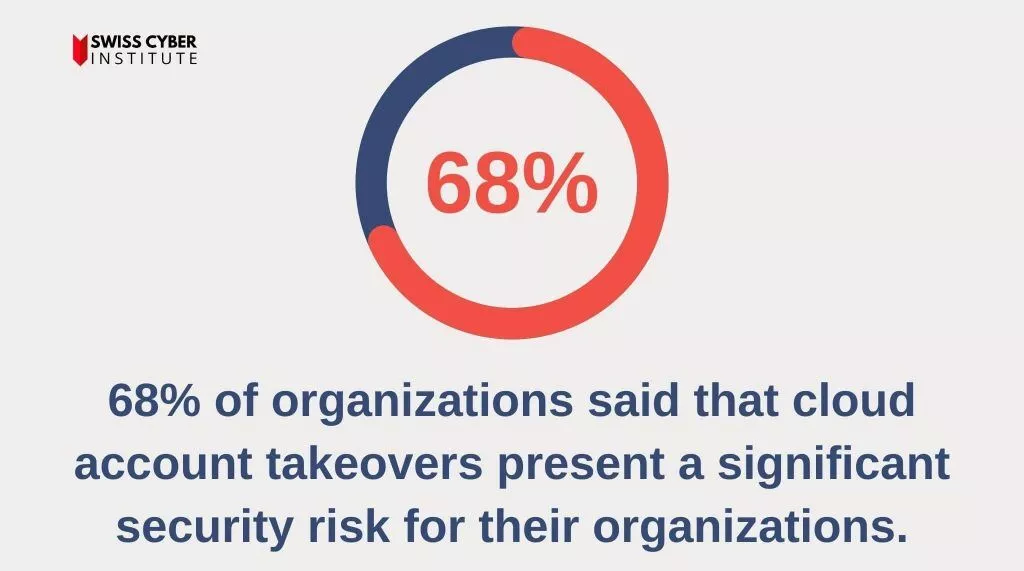A dedicated game server is a type of server that is solely dedicated to hosting online multiplayer games. Unlike a shared server, a dedicated game server is designed to handle the specific requirements of multiplayer games, which often have high bandwidth and processing demands.
Game developers and publishers use dedicated game servers to host their games and provide players with a reliable and stable online gaming experience. These servers can be hosted in data centers or the cloud. They typically come equipped with robust hardware and networking capabilities to handle the demands of hosting multiple players in real-time.
One of the main advantages of a dedicated game server is that it allows players to connect and play together worldwide, regardless of their physical location. This makes it possible for players to compete against one another, form teams, and engage in collaborative gameplay that would be impossible in a single-player game.
Read Related: Difference Between Shared Hosting and Dedicated server
Overall, a dedicated game server is an essential component of modern online gaming, and it provides a reliable and scalable infrastructure for developers and players alike. In addition, the performance of a good gaming server is outstanding when handling games. In addition, private games can be transformed into a full-blown sandbox experience thanks to the best hosting’s flexibility.
Find out what to look for in dedicated gaming servers by reading on.
How does Owning a Dedicated Server Improve the Overall Gaming Experience?
As a casual gamer, you can play games alone or with friends on a dedicated server without interruption. In addition, you can host a game on your own private server and invite other players to join!
The essential advantages of a dedicated server include the following:
- High bandwidth availability, a real connection source, and the least amount of risk of lags, interruptions, and other connection issues are all advantages of dedicated servers.
- Instead of using a pre-made usage model from providers like Google Cloud, they let you control costs and the scalability of your infrastructure with a specific bandwidth.
- The game is always accessible because dedicated machines have server monitoring around the clock. The game will remain available in most data centers even if the local grid decreases.
- You won’t have to worry about overheating when you use a dedicated gaming server. Regardless of how much activity the game sees, server farms have steady cooling frameworks that guarantee the foundation can deal with the responsibility.
Read Related: When do you need dedicated servers?
How to Choose the Right Game Server?
Wondering how to choose a game server? Choosing the right game server can significantly impact your gaming experience. Here are some crucial factors to consider when choosing a game server:
Game Type
Different game servers are optimized for different types of games. For example, consider the type of game you want to play and choose a server that is designed to handle that type of game.
Latency
Network performance will be very important because latency is another important aspect of online gaming success. In online gaming, a higher latency causes video glitches, slower response to player commands, and gamers being kicked out by time-outs. Given that every millisecond matters in the gaming world, it is essential for your network to deliver information as quickly as possible.
Location
The location of the game server can affect your latency, which can impact your gaming experience. For example, choose a server that is located close to your physical location to reduce latency and improve performance.
Uptime and Stability
Choose a game server with a good track record of uptime and stability. Look for reviews and testimonials from other players to get an idea of the server’s reliability.
Customization Options
Some game servers allow you to customize the game settings, such as game rules, map rotation, and game modes. If you want to customize your gaming experience, choose a server that offers these options.
Support
Look for a game server that offers good customer support. Consider the level of support provided, such as 24/7 support, phone support, and live chat support.
Price
Finally, consider the price of the game server. Look for a server that offers good value for money, with a reasonable price for the features and services offered.
In short, when choosing a game server, consider the game type, player count, location, uptime and stability, customization options, support, and price to ensure you have the best possible gaming experience.
Choosing the Right Game Server Can Make a Platform
Having the appropriate infrastructure in place is of the utmost significance when it comes to developing a successful gaming platform. Planning for long-term success is important, so it’s important to use gaming servers that ensure games have low latency and scalability to stand out in a crowded market.
In conclusion, online gaming relies heavily on game servers and game server hosting. They provide dedicated servers that gamers can rent and use for their online games, as well as the ability for players to connect and play together. In addition, you can elevate your gaming experience to new heights by selecting the appropriate game server host.



